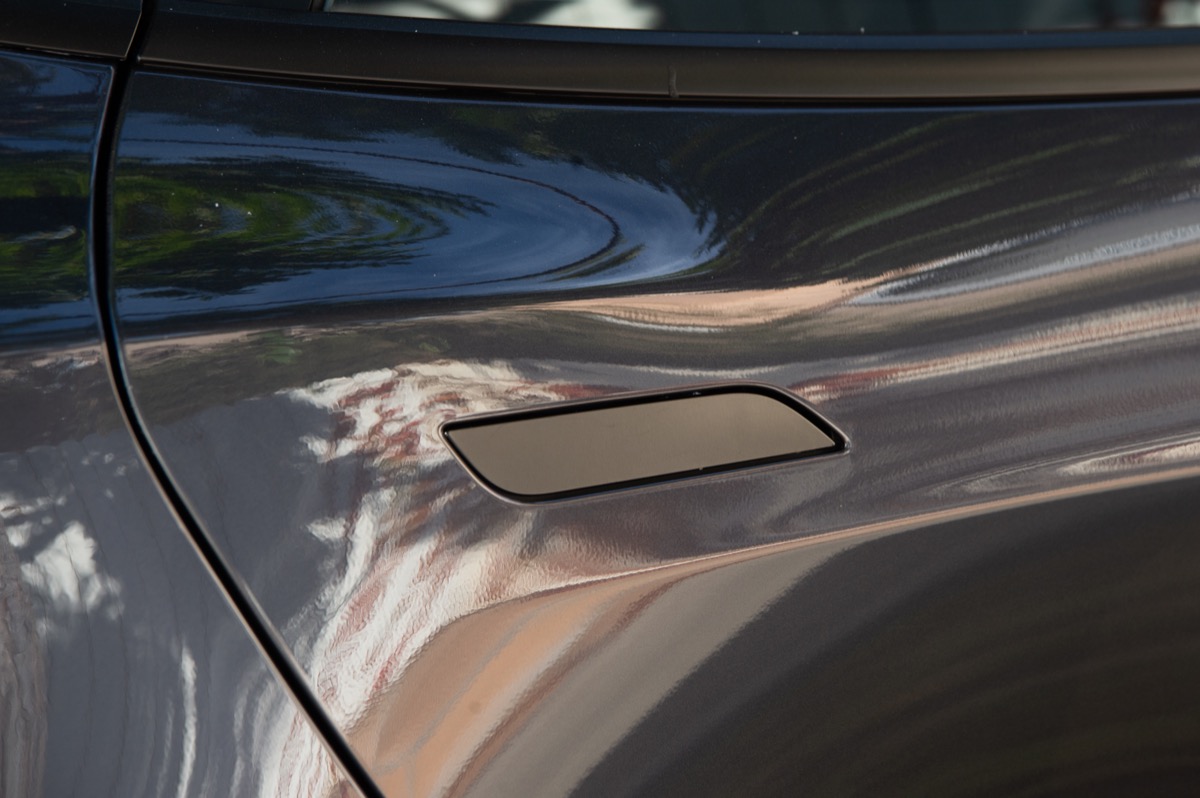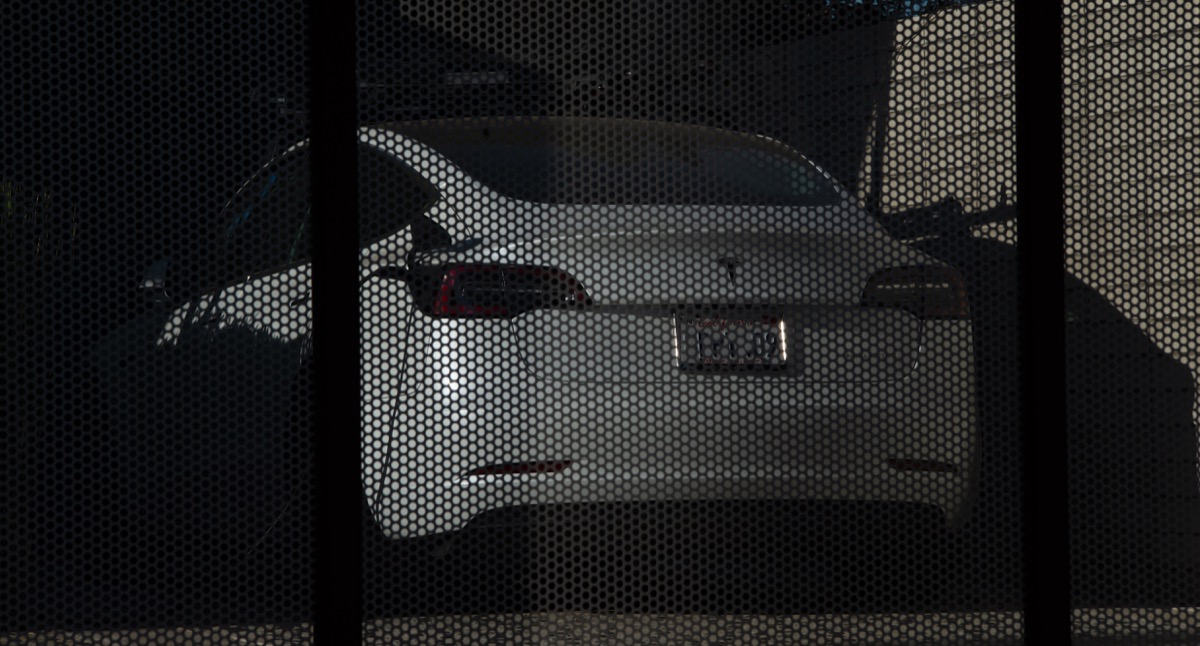Just like most early electric cars, media coverage of the EV industry just looks, er… different.
The cover article in this week’s Newsweek is a case in point. “What If Elon Musk Succeeds? Tesla, SpaceX Founder Wants to Transform Technology—and Put Humans out of Work.” The writer, the usually thoughtful David H. Freedman, opens the article with eight paragraphs focusing on the manic tweeting and general eccentricity of Tesla’s CEO, Elon Musk — only to then turn around and say, “But if you’re focusing on Musk’s ‘bad manners,’ as he called his meltdown, you’re missing the point.”
Leaving aside the weirdly transparent exercise in projection, it’s what comes next that’s so strange:
His plan to transform the car industry is picking up speed. Along the way, it could put tens of millions of people out of work (and that’s not a bug, it’s a feature), dismantling what has been a foundation of the nation’s social and economic life for a century. And it’s happening in the service of plying the wealthy with cooler cars. “Technological innovation has throughout history increased total wealth,” says Ryan Lackey, a founder of cybersecurity company ResetSecurity and a veteran Silicon Valley entrepreneur. “But it’s often said the gains are going to a smaller and smaller subset of the population.” So the worrisome future may be one not where Musk fails but where he succeeds.
Is there any other industry where advancements in automation are spun as a diabolical plot by an evil mastermind hell-bent on destroying the working class?
Of course, ALL automation puts people out of work, but didn’t we long ago accept this, if only sometimes begrudgingly, as an inevitable byproduct of the passage of time?
Is a printing machine that no longer requires a full-time maintenance staff so diabolical? Are larger combines or wider plows demons deployed by the agriculture industry “in the service of plying the wealthy,” who are always first in line for enhanced products of any kind? Doesn’t the newly inexpensive print-on-demand industry borne of better printers first benefit the rich, who are still buying new hardbacks, before it benefits everyone else?
And what of the rest of the auto industry’s century-long effort to replace workers with machines? Is it only OK if it’s in the service of propping up obsolete drive trains fueled by petroleum? Is it only OK if it puts midwesterners out of work, as opposed to Californians?
And isn’t this an industry that has been increasingly happy to move entire manufacturing processes to other states, or other countries?
(And why not, as long as I’m playing “other people do it, too” cards, we might as well imagine the horror movie of Henry Ford with a Twitter account. Venerable Ford Motor Co., if there’s justice in the world, might never have survived to become an engine of the economy now so threatened by Musk’s efforts to streamline manufacturing.)

Tesla’s diabolical plan was to do for electric cars what China is doing for solar technology — but instead of in an autocracy, doing it within a capitalist system; and instead of using government fiat, using irresistable industrial design.
The fetishizing of 21st-century celebrity CEOs is a distraction. The actual truth is that no matter how powerful Elon Musk becomes, he’s not the one who gets to decide what happens to workers after a machine replaces their jobs.
Because while a human worker may or may not be needed in the process of turning raw steel into a sensuously curved door panel, but there can never be too many childcare workers.
Imagine a factory line with nine workers, and an adjoining childcare center with one carer for all 10 workers’ pre-school children. If automation eliminates five factory jobs, society could choose to have six carers for the 10 workers’ children — and still, nobody out of work.
Likewise, there can never be too many healthcare workers. There can never be too many social workers. There can never be too many geriatric workers. There can never be too many firefighters, never too many people cleaning plastic out of the rivers, lakes, and oceans. Never too many people cleaning superfund sites, never too many people preventing new superfund sites.
Whether automation is a bug or a feature is not Elon Musk’s choice — it is all of ours.

By now it’s pretty clear that Elon Musk has already succeeded. His purpose with Tesla was clear from the beginning: creating an existentially important viable technology (electric cars), and public demand for it, where they simply did not exist before. He is still following his blueprint — 1. fancy roadster for fanatics; 2. fancy sedan for the wealthy, 3. progressively cheaper cars for everyone else — and while there have been bumps in the road for Tesla investors, very few are jumping out how.
But if anything, in his stated larger purpose of transforming the auto industry, he has been able to step on the accelerator, certainly hastening the demise of internal combustion by open-sourcing Tesla’s patents and inspiring massive fleets of new EVs on the drawing boards of nearly every one of his competitors.
Yet Newsweek’s question remains, “What If Elon Musk Succeeds?”.
I ask, in response, what if Newsweek “succeeded” in publishing this same article about an offshore wind (or even natural gas) CEO vs. coal mining, even when the only people arguing for old coal now are politicians pandering for the coal-miner votes?
Would they condemn natural gas though it is a cleaner, more efficient energy that employs fewer people per unit of energy, on the strength of eight paragraphs of weird tweets?
Don’t get me wrong. Journalists have done extraordinary work covering climate change, alternate energy, and even electric cars. But this is a vote for perspective as humanity turns to ever more oddballs willing to disrupt ever more industries and fix our mess.

0 Comments